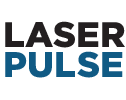LASER Focused Webinar Series - June 23, 2022 - Higher Education Institution Research Infrastructure, Research Translation, and Sustainability Mechanisms in Countries Affected by Conflict: A Case Study of Somalia and South Sudan
Higher Education Institution Research Infrastructure, Research Translation, and Sustainability Mechanisms in Countries Affected by Conflict: A Case Study of Somalia and South Sudan
LASER PULSE and Makerere University-ResilientAfrica Network (RAN) invite academic researchers, practitioners, and donors to join us on June 23, 2022 at 8AM EDT/3PM EAT to engage around research infrastructure, translation, and sustainability for higher education institutions in Somalia and South Sudan.
About the Webinar
During this webinar, the team at Makerere University-ResilientAfrica Network (RAN) will disseminate research findings from the South Sudan/Somalia Higher Education Institution Gap Analysis. The webinar will be guided by the title: “Higher Education Institution Research Infrastructure, Research Translation, and Sustainability Mechanisms in countries affected by conflict. A case study of Somalia and South Sudan.”
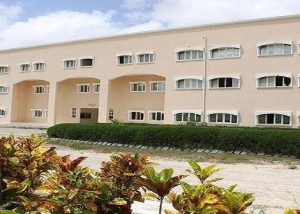
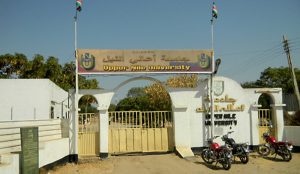
Insights Into the South Sudan/Somalia Gap Analysis
Higher Education Institutions (HEIs) are strategically placed to address information and data needs to inform development challenges in Low and Middle Income Countries (LMICs) and other similar localities. Research and innovation ecosystems in HEIs in low-and-middle-income countries like those in Africa face unique challenges; this is even worse for HEIs in areas/countries affected by conflict. We highlight these issues using the two-country case study involving South Sudan and Somalia. This webinar session presentation and discussion will review several challenges, including the lack of investment in government funding for research and innovation, political instability and conflict, centralized ethical review processes, inadequate institutional research infrastructure, and uncertain research sustainability mechanisms. This session will also highlight challenges faced by women researchers who lack support, funding, and encouragement to engage in research. Participants will also engage in sharing recommendations to address the research gaps affecting HEIs in conflict settings.
Speakers:
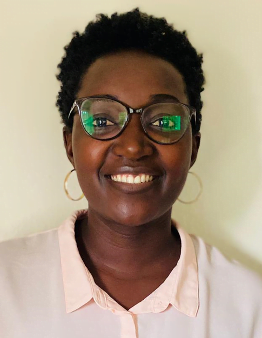 Dr. Angella Atukunda (MB. ChB, M. Med – Internal Med)
Dr. Angella Atukunda (MB. ChB, M. Med – Internal Med)
Dr. Atukunda is a Medical Doctor by basic training. She is the Engagement Officer at the ResilientAfrica Network (RAN), Makerere University School of Public Health where she coordinates research and innovation activities at the RAN innovation’s laboratory. She holds a Bachelor’s degree in Human Medicine and Surgery from Makerere University; a post graduate diploma in Healthcare Management from Uganda Management Institute (UMI) and a Master’s degree in Medicine – Internal Medicine from Makerere University. She is passionate about innovations and research for development.
Nathan Tumuhamye (BCP, MSc, PGD (M&E)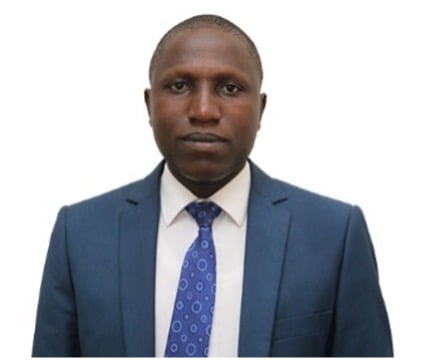
Nathan is a research fellow at Makerere University School of Public Health and Director Operations/Director Eastern Africa Resilience Innovation Lab, ResilientAfrica Network. He holds a Bachelor’s Degree in Community Psychology, a Master’s Degree in Health Services Research of Makerere University, a post graduate Diploma in Monitoring and Evaluation from Uganda Management Institute (UMI) and is currently pursuing a PhD in Public Health with a focus on climate change and Health systems strengthening. Nathan has 10 years’ experience in project management, evaluations, research, innovation management and 6 years in Leadership position that involve multi-country implementation (Research, innovation design and management).
